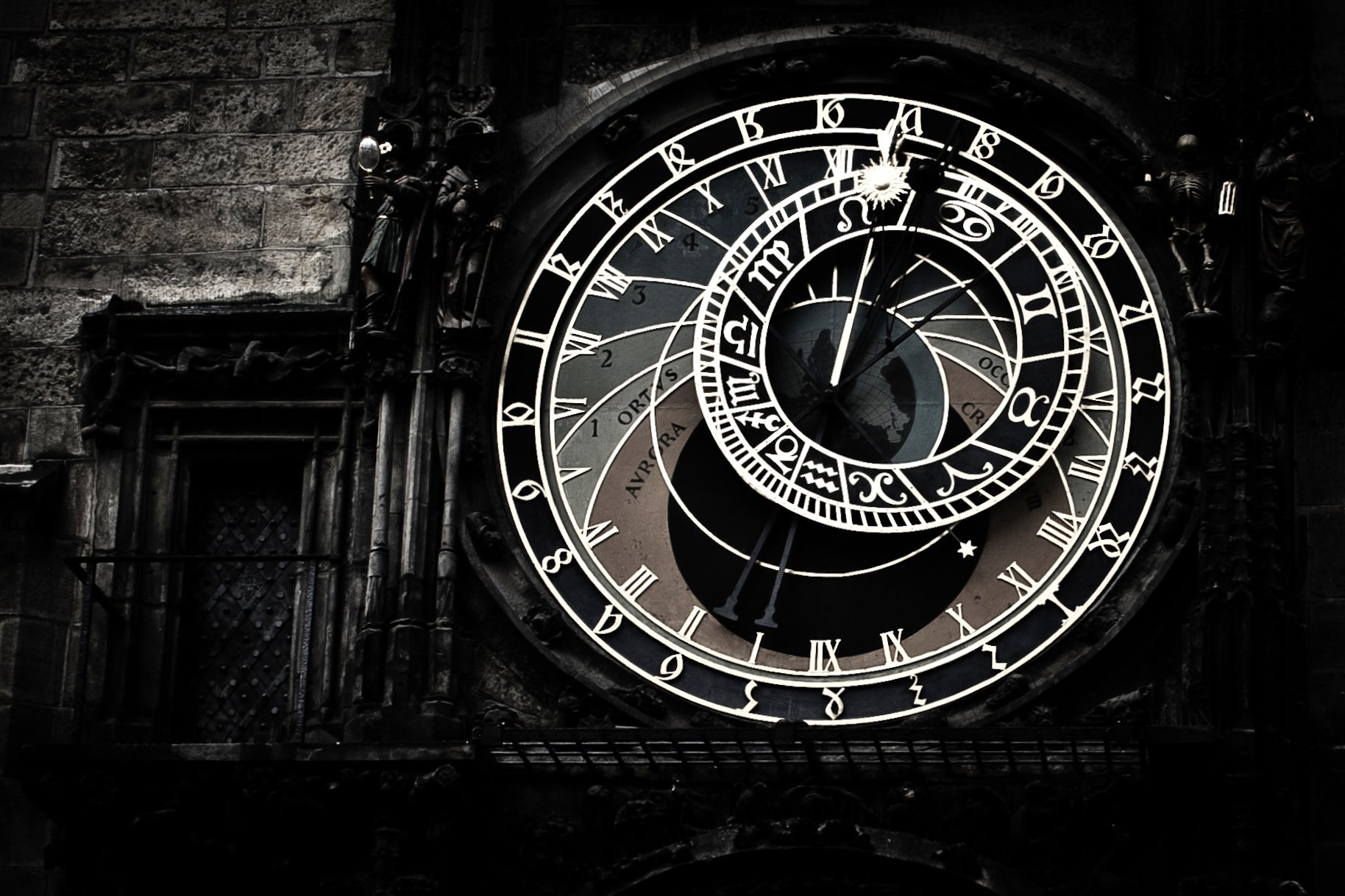2018 ROTMAN SUMMER INSTITUTE IN PHILOSOPHY OF COSMOLOGY
Goderich, Ontario, Canada
June 11 – June 20, 2018

Rotman Summer Institutes bring graduate students together with exceptional faculty from around the world to focus on a topic of special interest. The Rotman Summer Institute of 2018 will be aimed at promoting understanding of and research in issues in the philosophy of cosmology. It will be held from June 11 – 20, 2018, in a picturesque setting on the eastern shores of Lake Huron.
The two-week-long Summer Institute will consist in a series of lectures and seminar-style discussions, aimed both at surveying the current state of research in cosmology, and at discussing foundational issues. These lectures and discussions will be led by philosophers and cosmologists. Several roundtables and open discussion sessions will be scheduled to address issues that do not easily fit in any particular session, and to foster cross disciplinary exchanges. Graduate students will have an opportunity to present and discuss their own work at the end of the workshop.
This event is made possible by a grant from the John Templeton Foundation, to Chris Smeenk and Jim Weatherall.
Application Deadline: March 30, 2018
The Institute will focus primarily on two new directions for research in philosophy of cosmology. The first regards the role of simulations in cosmology. In order to test a scientific theory, it is essential to extract from that theory precise predictions concerning what would be observed in the world if the theory were true. In many sciences, one can extract such predictions using various sorts of mathematical methods. But the systems that are of greatest interest in cosmology, and astrophysics more generally, are often simply too complex to treat using such methods. In order to extract testable predictions from the Standard Model of cosmology, cosmologists turn to computer simulations. But there are deep methodological difficulties that arise once we start relying on computer simulations, particularly given that in many cases we have no independent way of testing whether the assumptions, approximations, and numerical methods used in these simulations are reliable.
The second concerns the status of singularity theorems, and the global structure of spacetime, in light of proposals from quantum gravity theories that “resolve” the initial singularity. This is so despite the fact that there are a number of celebrated theorems in the context of classical general relativity, showing that singularities are “generic” features of general relativity. These theorems follow from basic facts concerning the conditions under which a “trapped surface” can be expected to develop in a relativistic spacetime with attractive gravitation. This situation leads to subtle issues concerning how we expect general relativity to approximate an underlying theory, and how that underlying theory can avoid the conditions assumed in the singularity theorems.
Invited speakers at the Institute include a mix of philosophers and cosmologists. A schedule for the event will be posted soon.
ELIGIBILITY AND SELECTION CRITERIA:
We encourage applications to attend the Summer Institute from graduate students and junior scholars (within roughly 5 years of the PhD) in philosophy, physics, theology, and related areas. Participants will be expected to have a strong interest in issues in philosophy of cosmology, some background in physics, and a commitment to interdisciplinary inquiry.
We will be inviting 15-25 participants to the Institute. Selection of participants will be made by a panel of academics with expertise in the philosophy of cosmology. Participants will be selected on the basis of:
- (a) the applicant’s academic performance to date,
- (b) his or her potential for doing high quality research in the future in the areas of philosophy of cosmology, and
- (c) his or her interest in research on the topics addressed in the Summer Institute.
Applications must be received by March 30, 2018. Selection decisions will be made by approximately April 15, 2018. Participants will be awarded an honorarium, and may also be eligible for competitive travel grants. Participants will be expected be in residence both weeks.
APPLICATION INSTRUCTIONS:
Applicants will need to:
- 1. Fill-in an online form that includes a statement about their background and research interests (500 words max).
- 2. Email a current copy of their academic CV to rotman.institute@uwo.ca.
- 3. Provide a reference letter from their supervisor, or (for junior faculty) a colleague familiar with their work. References should be emailed to rotman.institute@uwo.ca.
If you have any questions regarding the application process, please send an email to rotman.institute@uwo.ca.
Niayesh Afshordi – University of Waterloo, Perimeter Institute for Theoretical Physics
Sibylle Anderl – Institut de Planétologie et d’Astrophysique de Grenoble
Abhay Ashtekar – Pennsylvania State University, Institute for Gravitation and the Cosmos
Gordon Belot – University of Michigan
Mike Boylan-Kolchin – University of Texas at Austin
Robert Brandenberger – McGill University
James Bullock – University of California, Irvine
Bridget Falck – University of Oslo
Job Feldbrugge – Perimeter Institute for Theoretical Physics
Dylan Nelson – Max Planck Institute for Astrophysics
Chris Smeenk – Western University, Rotman Institute of Philosophy
Francesca Vidotto – Radboud University Nijmegen
Jim Weatherall – University of California, Irvine
Eric Winsberg – University of South Florida
Ben Miller Inn & Spa
81175 Benmiller Line, Goderich,
Ontario, Canada N7A 3Y1
Image credit: El sol y la luna en Praga / The sun and moon in Prague by Hernán Piñera (license)
